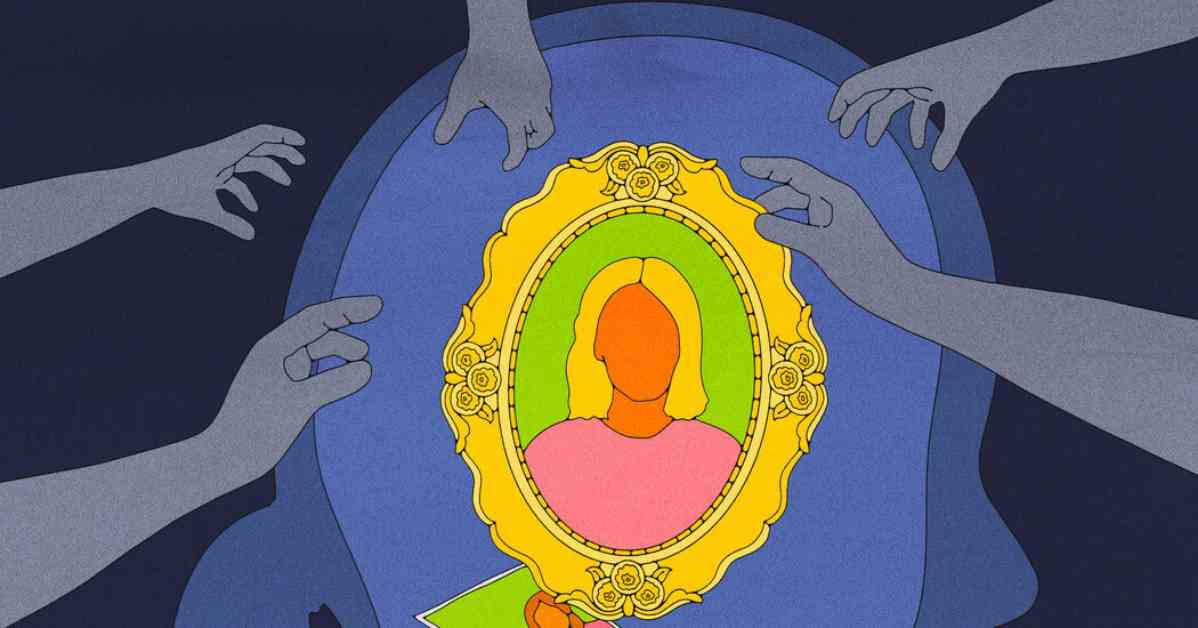The Summer Reading Contest, which has been running for 15 years, invites teenagers to share their thoughts on New York Times articles. This year, students can submit written comments or 90-second video responses for the first time. In the eighth week of the contest, there were 1,095 entries, and the finalists have been announced.
The winner of this year’s contest is Hayne Kim, a 16-year-old from Tokyo. Hayne’s winning entry was a reaction to a Guest Essay in the Opinion section titled “My Sister Was Murdered 30 Years Ago. True Crime Repackages Our Pain as Entertainment.” In her response, Hayne talks about how she got drawn into the world of true crime through watching YouTuber Stephanie Soo. She reflects on how consuming these stories had desensitized her until she read the article, which made her reconsider the impact of turning real-life tragedies into entertainment.
The article that Hayne read talked about the experience of Annie Nichol, who lost her sister to murder at a young age. The constant media attention and dramatization of her sister’s story caused Annie immense pain and post-traumatic stress. This made Hayne realize the importance of recognizing the human element behind tragic stories and not reducing them to mere entertainment.
The contest also had runners-up, including Anagha Nagesh, who wrote about what it means when Trump mispronounces ‘Kamala’. These entries show the diverse range of topics that caught the attention of the students participating in the contest.
The Summer Reading Contest continues to be a platform for young readers to engage with important issues and reflect on the impact of media and storytelling on society. Through their entries, these students are able to share their perspectives and insights, enriching the conversation around the articles they read.
Participating in such contests not only helps students develop their critical thinking and analytical skills but also encourages them to engage with current events and complex topics. It is heartening to see young people like Hayne and Anagha using their voices to spark meaningful discussions and reflections on important issues.


